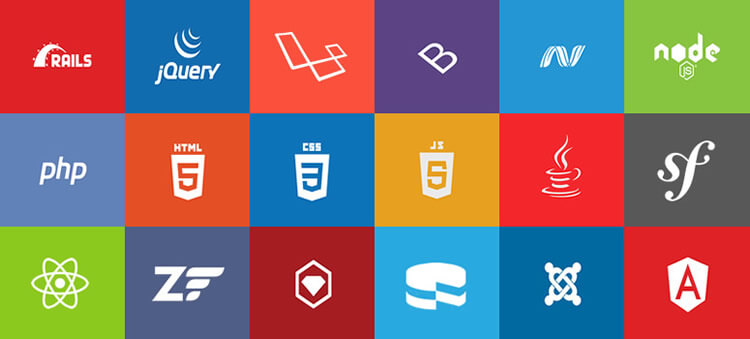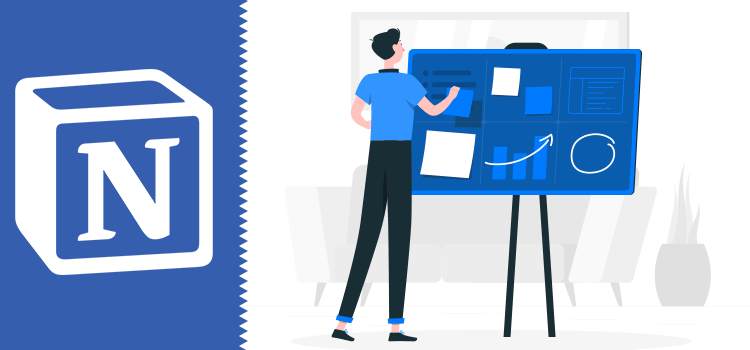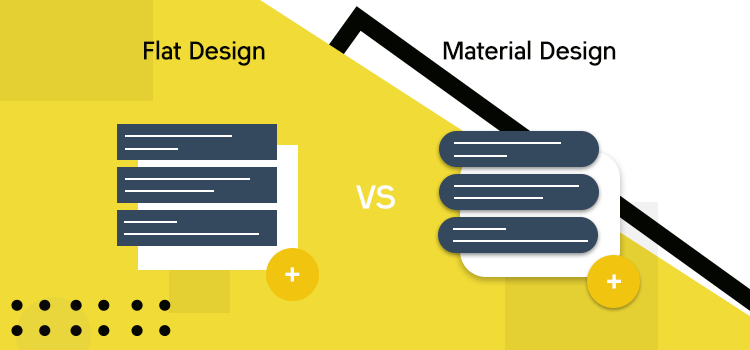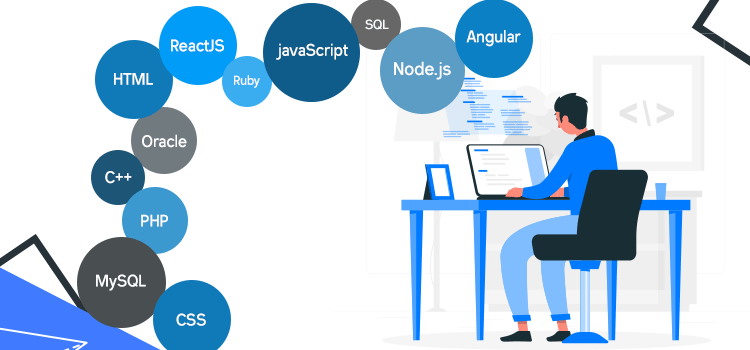The need of feature-rich applications is growing at a significantly fast pace. Customer expectations and a Business Web Application needs are far more diverse and complicated than ever before. To meet these challenges and to cut the development time certain web development frameworks have been introduced and practiced. These frameworks not only reduce the amount of effort needed for developing any application but also enable developers with the latest set of features and technological trends.
Each available framework has its own distinct functionalities, that a developer can utilize for specific needs.
ReactJS
React (also known as React.js or ReactJS) is a JavaScript library for building user interfaces. It is maintained by Facebook and a community of individual developers and companies. React can be used as a base in the development of single-page or mobile applications, as it is optimal for fetching rapidly changing data that needs to be recorded. Source: https://en.wikipedia.org/wiki/React_(web_framework)
React has its distinct advantages. Top brands like Facebook, Instagram, Uber, Twitter & New York Times etc., rely on React.js because it’s extremely efficient. It supports building of large Applications with data needs that change repeatedly over time. It is Search Engine friendly hence good for SEO purposes. React.js is User interface focused. It allows reusing code components. It helps in saving time. The components within React.js are isolated, which means change in one will not affect the other components. It makes programming more accurate and easier for developers.
Symfony
Symfony is a leading PHP framework to create websites and web applications. It is built on top of the Symfony Components. Symfony Components are a set of decoupled and reusable components on which the best PHP applications are built, such as Drupal, phpBB, and eZ Publish. Source: https://symfony.com/what-is-symfony
Symfony framework supports to build large and complex enterprise web applications. It is stable and supports scalability throughout.
CakePHP
A web development framework, written in PHP. It is easy to code as its comprehensive documentation is readily available. Cake PHP helps developers to build web applications in the simplest way possible. It requires less coding and it enables fast acquisition. One can build quickly by using code generation and scaffolding features and can rapidly build prototypes. It comes with friendly licensing.
CakePHP is licensed under the MIT license which makes it perfect for use in Commercial applications. It comes with a lot of built-in things like translations & DB Access etc. It is secure and fast.
Laravel
Laravel is a Web Application Framework. Laravel makes the development process creative and enjoyable. It eases out the complexity when it comes to authentication, routing sessions and caching. Laravel provides all those powerful tools that are generally needed for large web applications. Laravel provides an easy mechanism for implementing authorization logic.
Laravel supports MVC architecture. Laravel takes care of security in a unique way. It uses a salted and hashed password technique, which ensures that a password never gets saved as a plain text in the Database.
Ruby On Rails (ROR)
Ruby on Rails, or Rails, is a server-side web application framework written in Ruby under the MIT License. Rails is a model–view–controller framework, providing default structures for a database, a web service, and web pages. Source: https://en.wikipedia.org/wiki/Ruby_on_Rails
As it is free to use and open-source platform, it allows businesses with limited budgets to create large scale web applications. ROR reduces development time. There are many plugins built in the framework which help reduce the development time significantly. ROR is productive, comes with clean coding and e-commerce friendly attributes.
ASP.Net
It is open source and has a good portion of the market. ASP.NET extends the .NET developer platform with tools and libraries for building web apps. It is fast and scalable. ASP.NET supports industry-standard authentication protocols. Built-in features help protect your apps against cross-site scripting (XSS) and cross-site request forgery (CSRF).
ASP.NET provides a built-in user database with support for multi-factor authentication and external authentication with Google, Twitter, and more
Rankings
Source: https://hotframeworks.com/
Source: https://hotframeworks.com/
Conclusion
Frameworks have eased out the life of a developer. There are a good number of frameworks available today for developing any web application. The selection of a framework for your development needs for a particular web application will purely depend on functionalities you are looking to accomplish within the web application. Each framework has its distinct set of functionalities and features which suit different needs.
We at Soft Tech Group, Inc. deals with all types of web applications. Please Get In Touch for free consultation on your web application needs.











